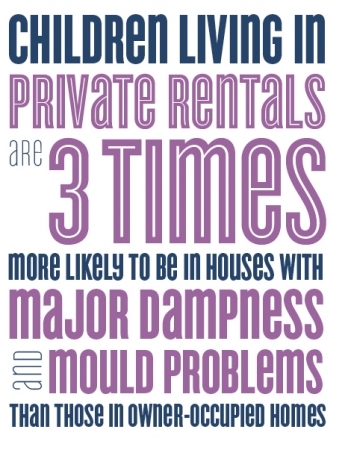New laws and rules have been in place since July 2016 that aim to make rental housing better and safer for those who living there. The Residential Tenancies Act (RTA) has been changed and for the first time in this country there are minimum standards coming into force for all rental housing that require smoke alarms and minimum levels of insulation. NZCCSS and many others called for even stronger standards in the consultation around the new laws (see the NZCCSS submission February 2016), but the changes are still a step forward in managing private rentals. The new laws also give tenants stronger rights to challenge “retaliatory eviction” when a landlord ends a tenancy because of a complaint made by the tenant and increases the powers of government agencies to take action against landlords that do not comply with the law. The government’s Tenancy Services group is responsible for managing many aspects of the new laws and they have produced a useful summary on their website www.tenancy.govt.nz.
Seven out of ten of the children in poverty in this country live in rental housing and most of them are in private market rental properties, not in social housing like Housing NZ or community housing. This fact alone shows how important it is to improve the quality of private rental housing. There is an urgent need to make renting a better experience for people, especially those on low incomes who have few choices about where and how they rent. As the Child Poverty Monitor reports, children living in private rentals are 3 times more likely to be in houses with major dampness and mould problems than children in owner-occupied homes.
The Ministry of Business, Innovation and Employment is tasked with enforcing the new rules and has established a compliance team to actively monitor landlords’ and their properties to ensure that they are following the new requirements around smoke alarms, insulation and other issues. A recent visit to some of Dunedin’s student flats showed that some landlords are not complying with new laws and also not following up promptly on maintenance issues relating to the warmth and dryness of their rental properties. “We take breaches of residential tenancy law seriously, and are working to crack down on poor landlord behaviour across New Zealand,” says Paul Coggan, Manager of the Ministry of Business, Innovation and Employment’s new Tenancy Compliance and Investigations Team.
If you are looking for information about the new rules or have concerns about the condition of your rental housing, there is good advice about heating and ventilation on the Tenancy Services site. There are several tenancy support organisations around New Zealand, including Tenants Protection Christchurch, whose website includes good advice about renting.

